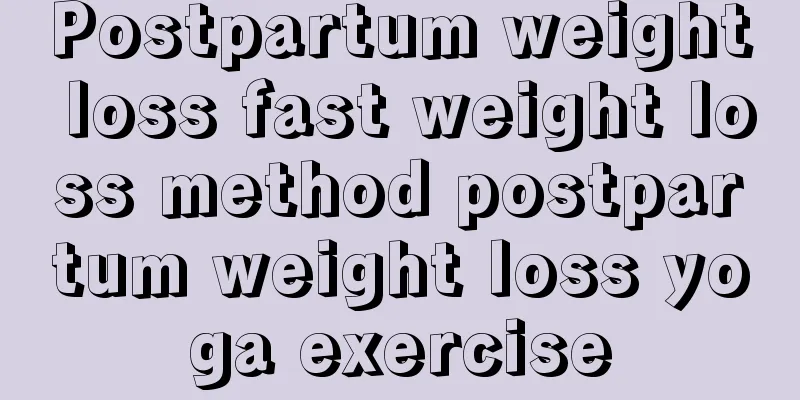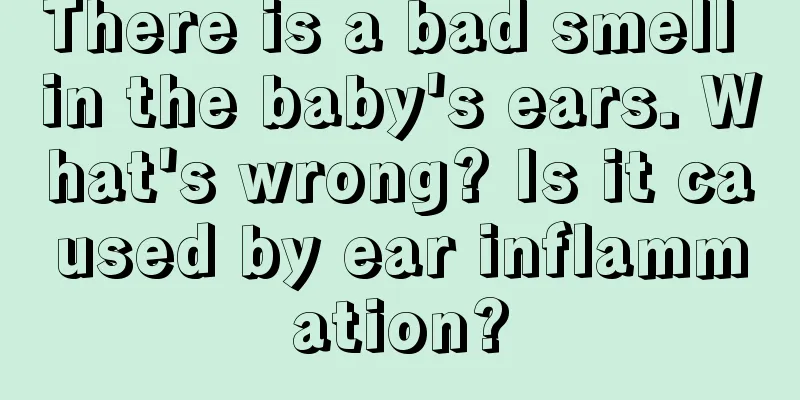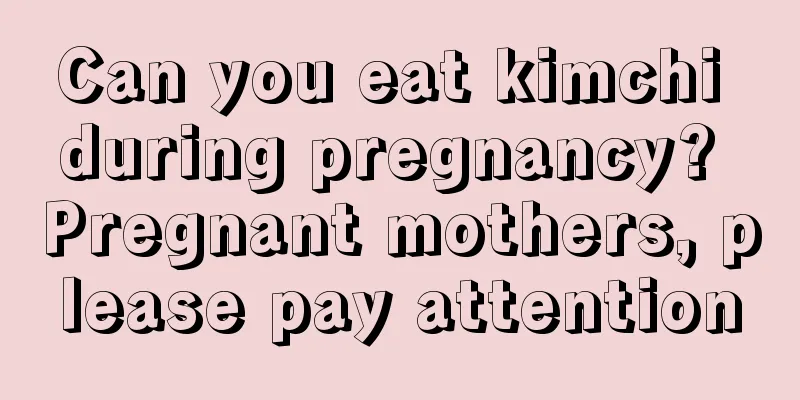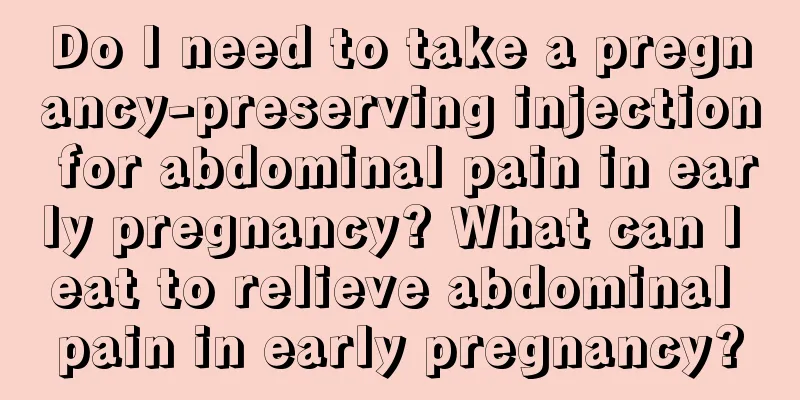Why do babies have tooth decay? 3 major factors affect
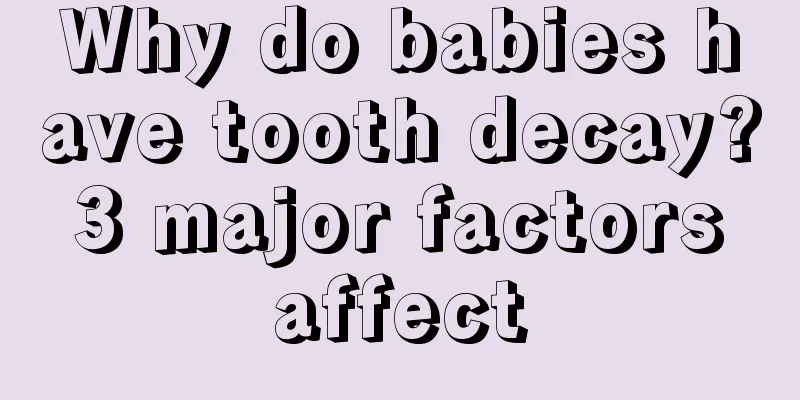
|
Many parents are worried about baby tooth decay: "Doctor! Why does my baby have tooth decay?", "My baby always brushes his teeth! Why does he still have tooth decay?", "My friend's child doesn't brush his teeth, but his teeth are not decayed, how can this happen?" Is brushing teeth and tooth decay really a simple cause-and-effect relationship? Every time I hear these questions, I can only smile. Because the subject of "tooth decay" is a big question! As early as the 1960s, many medical fields have begun to study the problem of tooth decay. There are still special journals for tooth decay research. Scholars have been studying it one after another, and there are still many things worth discussing. Parents, do you think this is a big problem? Your baby’s dental health should be taken care of from the time of baby teeth! Come and see the professional sharing of the dentist mom! Tooth decay in childrenIn 2003, the World Health Organization showed that dental caries and periodontal disease are oral health diseases worldwide, affecting 60-90% of school-age children. A study in Taiwan in 2005 found that the proportion of children with tooth decay is: ★40% of children aged 2-3 ★ Nearly 60% for 3-4 years old ★ More than 70% of children aged 4-5 have dental caries Such a high rate shows that there is a huge gap between the understanding and prevention of dental caries among the Chinese people. There are many factors that affect tooth decay, from macroscopic to microscopic aspects. Let's start with the most important and basic reasons! Causes of Tooth DecayThe cause of tooth decay is simply that bacteria use the "acid" produced by the food in our mouths to cause the calcium in the teeth to be lost, resulting in tooth decalcification, which will cause pits over time. Changes in the three factors of teeth and oral environment, food and acid-resistant bacteria will affect the formation of tooth decay, and none of the three can be missing. A simple example to help parents understand: Dental: 1. Some babies have very densely spaced teeth, which makes them more susceptible to tooth decay than children with large gaps between their teeth. 2. Some children have very obvious grooves on their molars and are more prone to tooth decay; Food: 1. Adding essence or bran essence to the bottle will make feeding purer and more prone to tooth decay; 2. Children who eat snacks many times a day are more likely to have tooth decay than those who eat snacks once every 2-3 days; Regarding acid-fast bacteria: the main bacteria that cause tooth decay have already begun to attach to the baby's teeth when the baby is 10-11 months old, and tooth decay may occur at any time. If the mother is prone to tooth decay, it means that the bacteria content in the mouth is high, so it is easier to transmit to the baby. Moms, have you noticed that in addition to brushing teeth, there are actually many things we have missed? In the future, we will discuss in detail what we need to pay attention to in preventing baby tooth decay. See you next time! |
<<: What should we do if a newborn is malnourished? The impact of newborn malnutrition
Recommend
Is teeth grinding caused by being wronged? Children's psychological condition can also cause teeth grinding
Teeth grinding is a difficult disease to cure, bu...
What should I prepare before giving birth? What kind of check-ups should I have before giving birth?
The tension before delivery is caused by the fear...
Can pregnant women eat duck meat? Precautions for pregnant women to eat duck
Duck meat is a kind of food that many people like...
What should I do if my skin gets worse after giving birth? How to take care of my skin after giving birth
After giving birth, many mothers will feel that t...
What fruits can't be eaten when there is little amniotic fluid? Two kinds of fruits can't be eaten
Women should pay special attention to their physi...
How to prevent premature rupture of membranes? The dangers of premature rupture of membranes
Amniotic fluid is the basic condition for the fet...
What should I do if my child is always making trouble and being unreasonable? How should I educate my child who is making trouble and being unreasonable?
Many parents are at a loss as to what to do with ...
How long after induced labor can a pregnant woman have sex? At least this long
Induced labor is harmful to women's bodies an...
What are the symptoms of childhood obesity?
With the improvement of material standards, the d...
How to clean the baby's nasal cavity? What should I pay attention to when cleaning the baby's nasal cavity?
When babies are just born, some secretions will a...
Can pregnant women eat ugly oranges? Can pregnant women eat ugly oranges?
Ugly orange is a special variety of orange. Altho...
Can the navel of a newborn baby be disinfected with iodine? It is best to dilute it
The navel of a newborn baby needs careful care. S...
What should I pay attention to when buying a child safety seat? China's child safety seat regulations
Child safety seats are a safety protection tool t...
When is the best time to add complementary foods to babies? The time and order of adding complementary foods to babies
Newborn babies usually rely on their mother's...
Can breastfeeding and bottle feeding be done at the same time? The difference between breastfeeding and bottle feeding
Nowadays, few mothers feed their children with fo...
